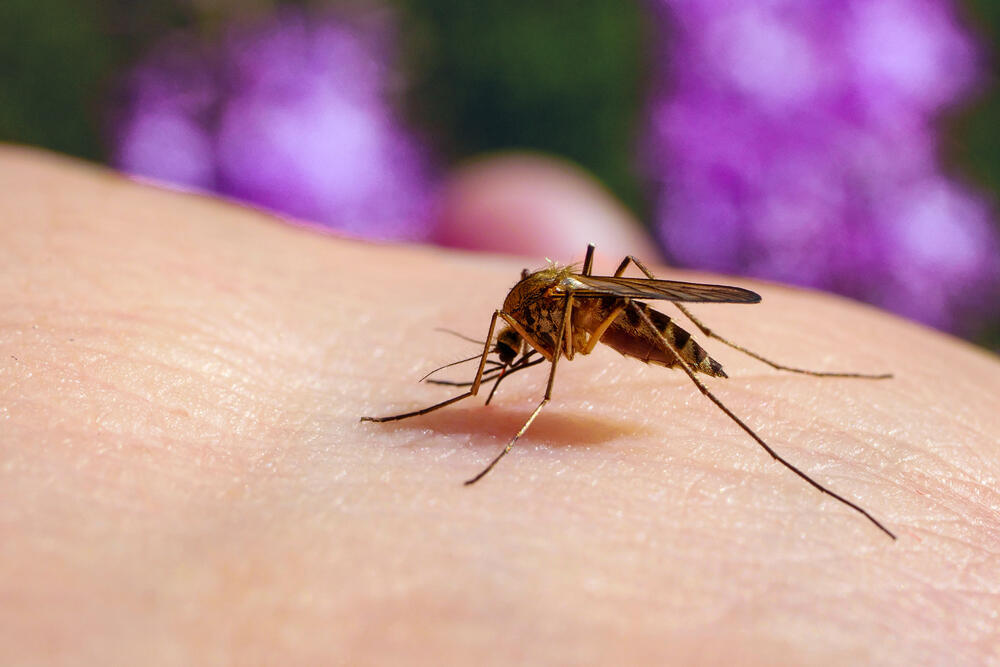Getting your Trinity Audio player ready...
A total of 299 Israelis have so far been diagnosed with West Nile Fever, resulting in 15 fatalities, according to the Health Ministry. Among those hospitalized are a man in his 50s and a woman in her 40s, both receiving care in the Neurology Department at Rambam Health Care Campus. They are experiencing various neurological complications associated with the virus. To date, the majority of severe cases in Israel have involved elderly individuals or those with preexisting conditions.
The younger patients hospitalized at Rambam reportedly had no preexisting conditions. According to the medical team, it is likely that both patients were bitten by mosquitoes in the central region in recent days.
"Despite the significant increase in the number of cases in Israel so far, their hospitalization at Rambam does not indicate the presence of infected mosquitoes in the northern region at this point," noted Dr. Michal Paul, head of the Infectious Diseases Institute at Rambam.
"Both patients are receiving supportive care and are under strict medical supervision. Unfortunately, once individuals are infected with the disease, there is not much we can do, but we hope their condition will improve soon," Dr. Shahar Sheli, head of the Neurology Department at Rambam, told Ynet.
West Nile Fever (WNF) is a zoonotic disease that can also affect humans. It is caused by a virus primarily found in birds and transmitted to humans and other animals via bites from Culex pipiens mosquitoes that feed on infected birds. The incubation period, from the time of the bite to the onset of symptoms, ranges from 5 to 21 days, and the illness typically lasts 3 days to 6 days. In most cases, WNF manifests as a mild flu-like illness that resolves on its own. Symptoms often include fever, headaches, weakness, joint and muscle pain, conjunctivitis, rash, and sometimes nausea and diarrhea. Rare complications can include acute encephalitis or meningitis, and in rare cases, primarily with those whose immune system is compromised for any reason, the disease can turn fatal.
Approximately 80% of those infected do not develop symptoms of West Nile Fever. About 20% will exhibit symptoms of varying severity, including fever, malaise, headaches or widespread body pain, with neurological complications occurring in less than 1% of infected individuals. The virus is not transmitted from person to person, nor does it transfer back from humans to mosquitoes. The risk of significant illness is primarily among the elderly and immunocompromised individuals.
West Nile Fever has been known in Israel for many years and typically occurs between June and November. This year, the incidence of the illness began earlier than usual, likely due to climate changes in Israel and globally, with humid weather in central Israel possibly leading to the breeding and development of mosquitoes in this area.


